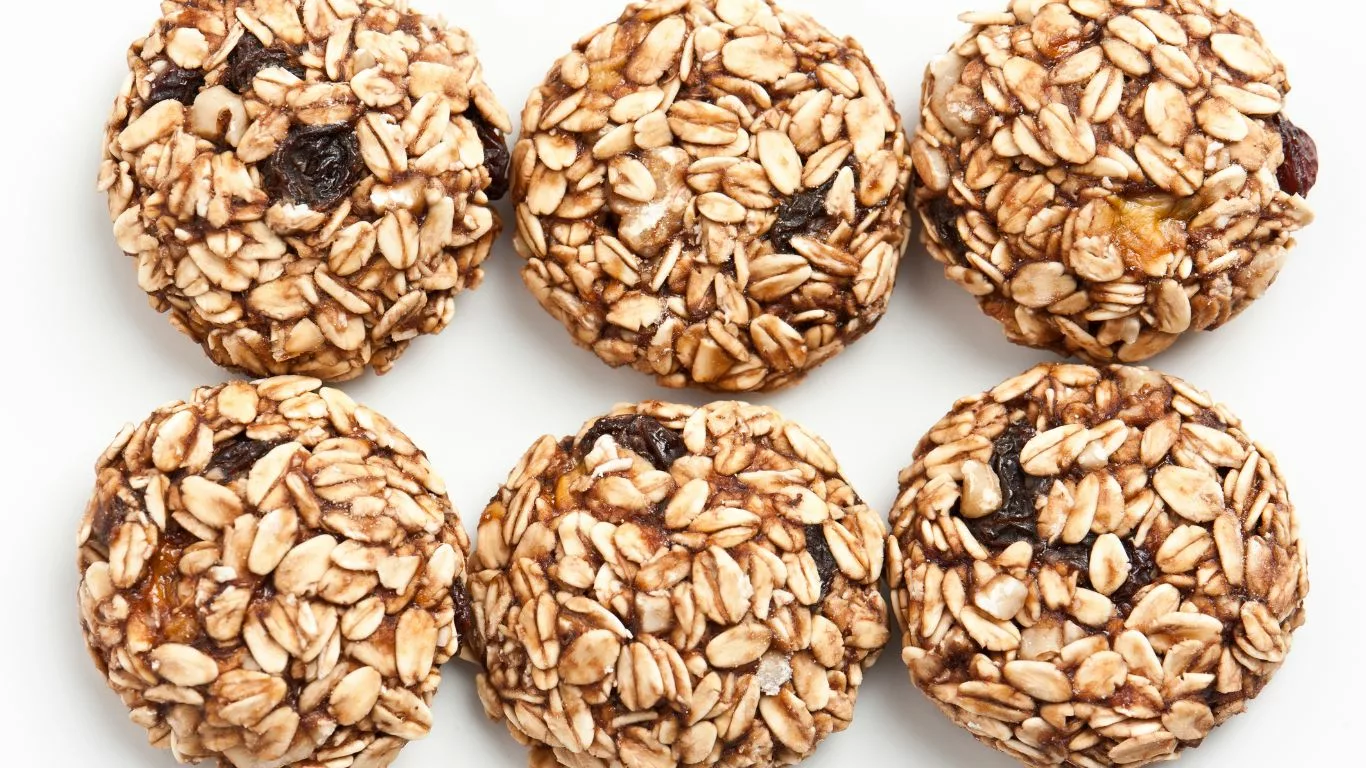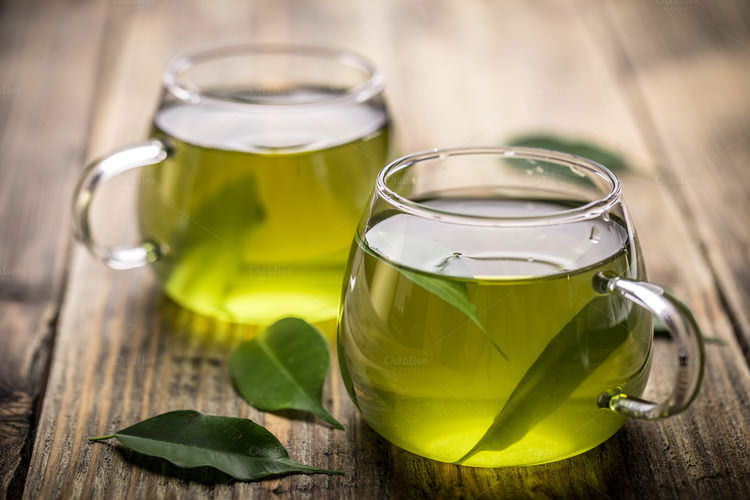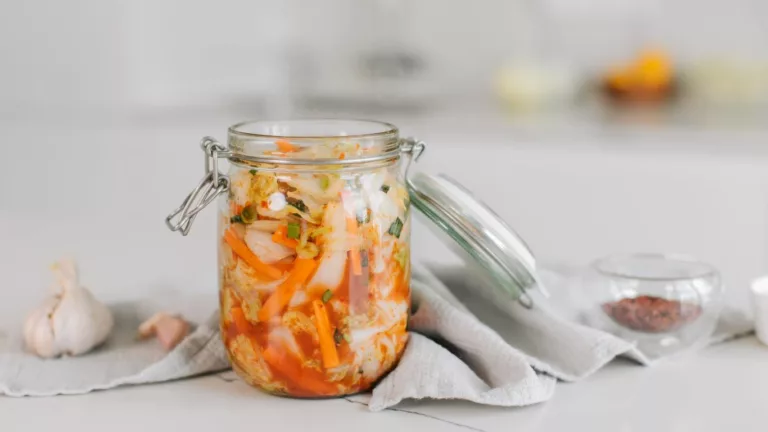Is Avocado Good for GERD? – The Truth You Need to Know
Wondering whether avocado is good for GERD? This comprehensive guide explores the relationship between avocado and GERD symptoms and offers practical advice to help manage your condition.
GERD, or gastroesophageal reflux disease, can make enjoying certain foods a bit tricky. If you’ve been diagnosed with GERD, you’re likely on the lookout for foods that won’t trigger those dreaded acid reflux symptoms. Avocado is one food that often gets questioned when it comes to GERD. You’ve probably heard mixed reviews—some say it’s great, while others suggest avoiding it altogether. So, what’s the real deal? Let’s dive in and uncover the truth about whether avocado is good for GERD.

Understanding GERD and Its Triggers
Before we get into the avocado debate, let’s take a moment to understand what GERD is and why certain foods can trigger uncomfortable symptoms. GERD happens when stomach acid frequently backs up into the esophagus, causing irritation and discomfort. This acid reflux can lead to heartburn, a sour taste in the mouth, and even difficulty swallowing.
Everyone’s triggers are a little different, but there are some foods that tend to be common culprits. Spicy foods, citrus, chocolate, and fatty meals are often on the no-no list. But what about avocado? Does it fall into the “safe” or “risky” category for GERD sufferers?
Is Avocado GERD-Friendly?
Good news for avocado lovers! Generally, avocado is considered a GERD-friendly food. Here’s why:
Healthy Fats That Won’t Trigger Reflux
Avocado is packed with healthy fats, particularly monounsaturated fats, which are great for heart health. These fats are typically less likely to trigger reflux compared to the saturated fats found in many fried or greasy foods. Unlike fatty meats or fried snacks, which can relax the lower esophageal sphincter (LES) and allow stomach acid to sneak into the esophagus, the fats in avocado don’t have the same effect. This makes avocado a safer option for many people with GERD.
Rich in Fiber
Fiber is another reason avocado might be a good choice for GERD. High-fiber foods can help with digestion and promote a healthy gut. Fiber helps absorb stomach acid and can reduce the risk of acid reflux. So, if you’re looking for a snack that supports your digestive system, avocado’s fiber content can work in your favor.

When Avocado Might Cause Issues
While avocado is generally safe for GERD sufferers, there are a few things to consider:
Portion Size Matters
For some people, even GERD-friendly foods can become problematic when eaten in large amounts. If you find that you’re still experiencing heartburn or discomfort after eating avocado, it might be a matter of portion size. Avocados are nutrient-dense, and eating too much in one sitting can put a strain on your digestive system. Try sticking to small portions and see how your body responds.
Pairing Avocado with Other Foods
It’s also important to consider what you’re eating with the avocado. If you pair avocado with spicy salsa or a greasy dressing, the other ingredients could trigger your symptoms, even if avocado itself is safe. Keep things simple with just a bit of lemon or a sprinkle of salt to avoid overloading your stomach with irritating foods.
Allergic Reactions and Sensitivities
Another thing to keep in mind is that some people may have sensitivities to avocado. While rare, an avocado allergy or intolerance can cause symptoms like bloating, gas, and even acid reflux in some cases. If you notice that eating avocado consistently causes discomfort, it may be worth eliminating it from your diet for a while to see if your symptoms improve.

How to Enjoy Avocado While Managing GERD
So, now that we know avocado is generally GERD-friendly, how can you enjoy it without worrying about flare-ups? Here are a few tips:
Keep Portions Moderate
As mentioned earlier, moderation is key. Avocados are rich in healthy fats and fiber, so a little goes a long way. Try adding a few slices to a salad or spreading a thin layer of guacamole on a whole grain cracker. This way, you get the benefits without overdoing it.
Pair It with GERD-Friendly Foods
If you’re making a meal with avocado, pair it with other GERD-friendly foods like lean protein (chicken or turkey), whole grains, and vegetables that don’t trigger your reflux. A turkey and avocado sandwich on whole wheat bread, for example, can make for a satisfying, GERD-friendly lunch.
Avoid Spicy Additions
Spicy foods are one of the most common triggers for GERD, so be cautious when adding seasonings to your avocado dishes. Instead of hot sauce, try mild herbs and spices like basil, parsley, or oregano to add flavor without the burn.
Conclusion: Avocado and GERD – A Match Made in Heaven (With Some Caution)
In most cases, avocado can be a healthy and safe food for people with GERD. Its healthy fats and fiber make it a great choice for digestive health. However, like with any food, portion control and mindful pairing are important to avoid triggering reflux. If you’re still unsure, it’s always a good idea to consult with your healthcare provider or a dietitian to tailor your diet to your specific needs.
Appendices
References
- American College of Gastroenterology. (2023). “GERD and Diet: What You Need to Know.” Read Article
- Smith, J., & Johnson, A. (2022). “Dietary Approaches to Managing GERD.” Journal of Digestive Health, 29(4), 123-134. Read Article
- National Institute of Diabetes and Digestive and Kidney Diseases. (2024). “Managing GERD: A Dietary Guide.” Read Article
FAQs
- Can avocado trigger acid reflux? Generally, avocado is safe for GERD. However, eating too much or pairing it with trigger foods can cause discomfort.
- How much avocado can I eat with GERD? Moderation is key. A small portion (about 1/4 to 1/2 of an avocado) should be safe for most people with GERD.
- Can I make guacamole with GERD? Yes, guacamole can be GERD-friendly as long as you avoid spicy ingredients like hot peppers and opt for mild seasonings.
Disclaimer: The information provided in this article is for educational purposes only and does not substitute for professional medical advice. Always consult with a healthcare provider before making any significant changes to your diet, especially if you have GERD or other digestive conditions. Individual needs and tolerances may vary.

Camellia Wulansari is a dedicated health writer specializing in digestive disorders, contributing valuable insights and information to the health and wellness community. With a passion for promoting well-being through knowledge, Camellia serves as a reliable source of expert content on healthusias.com.






